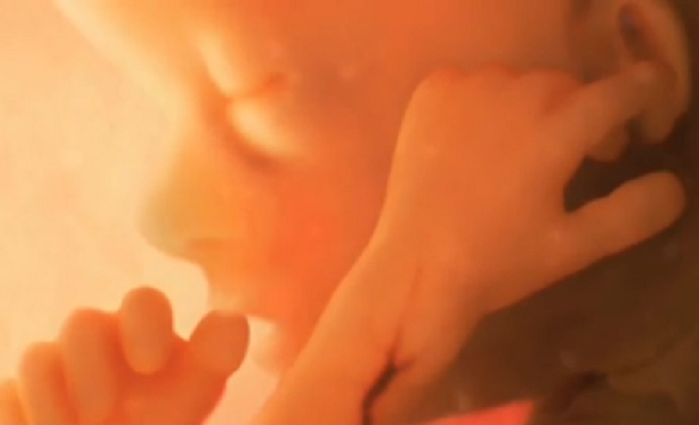New Hampshire law will continue to protect unborn babies from late-term abortions after state lawmakers rejected a radical pro-abortion bill Thursday.
In a party-line vote, the state Senate voted against a bill that basically would have allowed abortion on demand up to birth by ending criminal and civil penalties for abortionists who kill viable, late-term unborn babies in elective abortions, according to the Associated Press. The vote was 14-10.
The bill passed the state House earlier this spring with support from Republicans and Democrats. Although Republicans narrowly control the state legislature, some are not pro-life. Gov. Chris Sununu, a Republican, also is pro-abortion. In 2021, Sununu did sign a bill to ban late-term abortions, but has said he will not support stronger limits, NHPR reports.
Abortion supporters argued that the late-term abortion ban has turned away medical providers who otherwise might have come to New Hampshire to practice, but pro-life Republicans refuted the claim as baseless, according to the report.
Click here to sign up for pro-life news alerts from LifeNews.com
Polls consistently show a strong majority of Americans support legal protections for unborn babies, especially after the first trimester or once their heartbeat is detectable.
Others criticized the pro-abortion bill as unnecessary and extreme.
Here’s more from the report:
“Since Roe v. Wade was overturned, this Legislature has not taken one single, proactive affirmative step to protect access to abortion,” said Democratic state Sen. Becky Whitley, of Hopkinton. “We have not taken one single step to reassure women that we do not intend to further restrict their fundamental rights. Words spoken on this floor are important, but they are not law. They are not enough. Granite Staters want action.”
Republicans insisted that the existing law is sufficient.
“I really think that our law is crystal clear,” said Republican state Sen. Sharon Carson, of Londonderry. “A woman can safely get an abortion here in New Hampshire up to 24 weeks. This is not needed.”
In March, the state Senate also rejected pro-abortion legislation that would have created a state constitutional right to abort unborn babies.
Approximately 9,000 viable, late-term unborn babies are aborted every year in the United States, based on research by the pro-abortion Guttmacher Institute.
A 2020 investigation by Operation Rescue found 143 abortion facilities in the U.S. abort unborn babies at 20 weeks of pregnancy or later. However, that number is smaller now. A notorious New Mexico abortion facility recently stopped doing late-term abortions, and many abortion facilities have closed since the U.S. Supreme Court overturned Roe v. Wade last year.
Abortion lobbyists admit that most late-term abortions are done on healthy mothers carrying healthy babies. Guttmacher Institute statistics confirm that “most women seeking later terminations are not doing so for reasons of fetal anomaly or life endangerment.” Instead, data suggest that “most women seeking later abortion fit at least one of five profiles: They were raising children alone, were depressed or using illicit substances, were in conflict with a male partner or experiencing domestic violence, had trouble deciding and then had access problems, or were young and nulliparous.”
Late-term abortionist Martin Haskell, who is credited with popularizing the partial-birth abortion procedure, said in a 1993 interview with American Medical News: “I’ll be quite frank: most of my abortions are elective in that 20-24 week range…. In my particular case, probably 20% are for genetic reasons. And the other 80% are purely elective.”
New York Magazine recently featured the story of an Oregon woman who aborted her unborn baby at 28 weeks of pregnancy for purely elective reasons; both she and her unborn baby were healthy.








